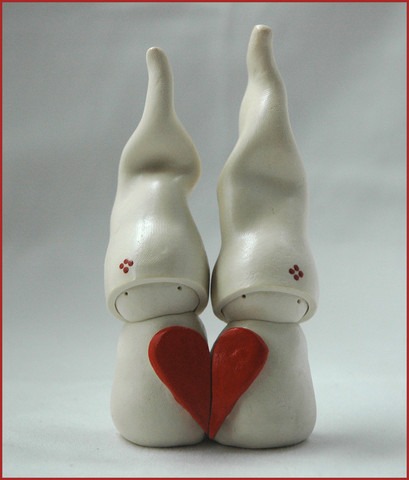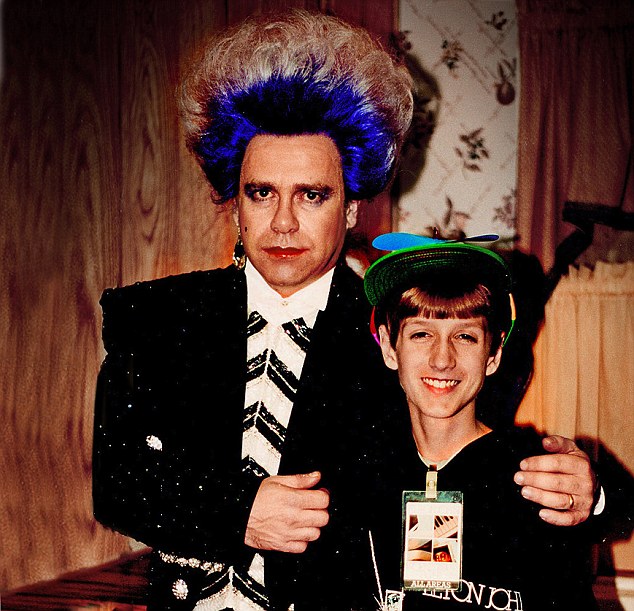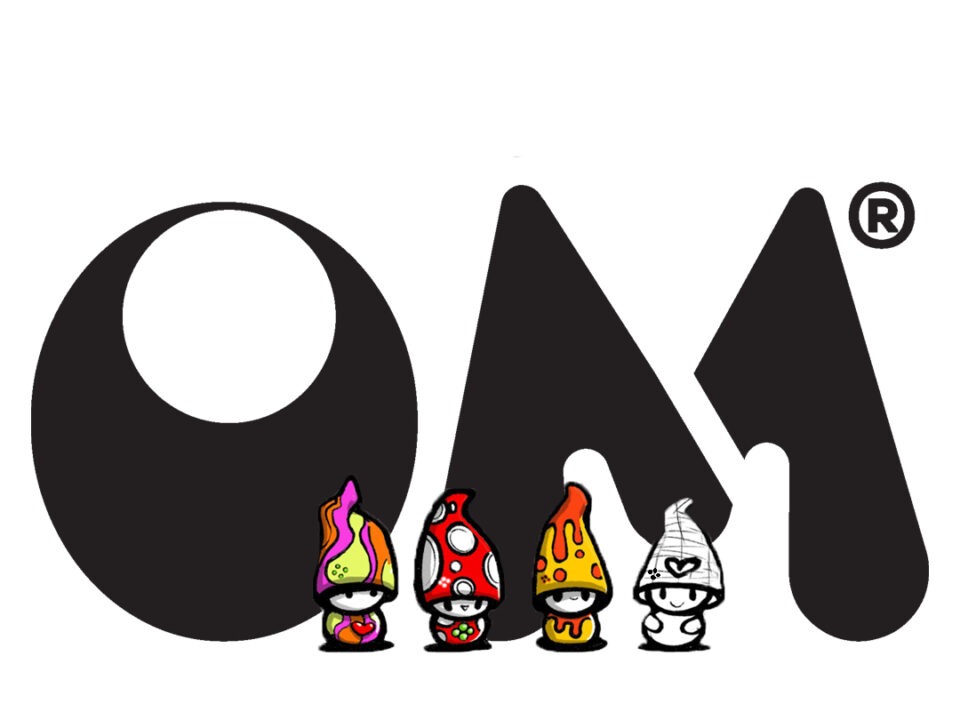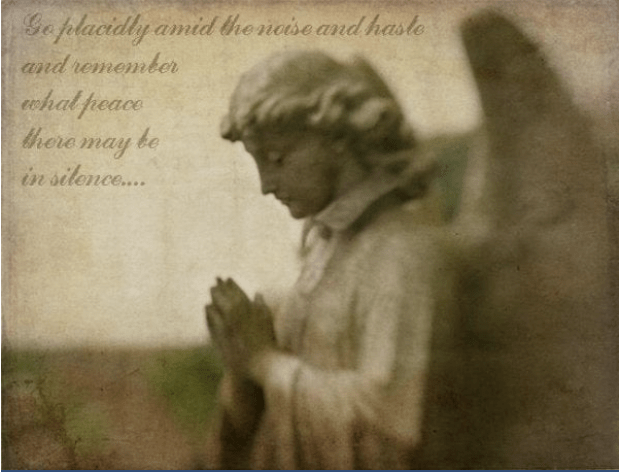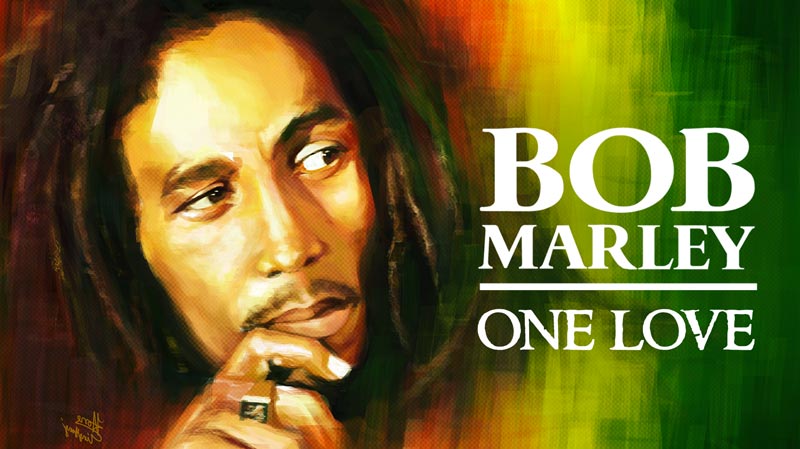Phiona Mutesi makes a winning move . . . .
February 20, 2013Super Shelby's a good egg!
February 28, 2013Prejudice and discrimination come in all shapes and sizes . . .
There are forms founded on race and religion. People’s beliefs, their social standing – perceived or otherwise – and their sexual orientation, all such things (and innumerable others) can lead to intolerance, isolation, and behavior unbefitting us as human beings.
Hard as it is to believe, one thing that still prompts prejudice is ill-health. That such a stigma continues to surround HIV, AIDS and those unfortunate enough to have contracted the condition is something that, in recent days, people all over the planet have been striving to address.
People in London, in New York and in Kiev (the AIDS epidemic in Europe is at its worst in Ukraine), for instance, who gathered earlier this month to watch a 60-second film that has a title that speaks to us all loud and clear here at OM®.
It is called Love is in my Blood and it is the work of the Chinese artist and political activist Ai Weiwei. You can see it below:
[youtube https://www.youtube.com/watch?v=kpstYktKLAo?rel=0&w=560&h=315]
This is, as this short film makes clear, a collaboration with Elton John’s Aids Foundation and it strikes a chord for more reasons than one.
More than anything, it has underlined to us (once again) that no matter what, we are all connected. It has also highlighted that HIV/AIDS-related prejudice and discrimination are not, as we’d perhaps complacently assumed, a thing of the past.
Indeed, as David Furnish – Elton John’s partner, who also chairs the Foundation – has made clear in recent days, there remains a major problem, not least in the commonly-held notion that ‘HIV plus blood only equals fear and isolation’. To quote David at a little more length, ‘What pumps through our veins is also the love and compassion to keep one another safe and look after people when they need it. The only question is whether you’re ready to show it.’
It is a good question, albeit one that forces us to confront the truth – once again – that, when it comes to dealing with such subjects, love and compassion aren’t always at the forefront and that prejudice and discrimination endure.
To quote Elton John himself, ‘Thanks to the incredible work by the AIDS community over the past 20 years, we now have affordable, quality treatment which saves lives and dramatically reduces the chances of passing on HIV. But these medicines don’t work against prejudice and discrimination. It’s time to stop treating people who are vulnerable to HIV as outcasts. Everyone deserves the chance to protect themselves. Surely we have enough love for that.’
Surely we do, although the use of the phrase ‘the AIDS community’ highlights that sufferers aren’t always made to feel at home amongst the general population; and here we were thinking that such things had long been confined to the past, the time of Patrick O’Connell, the time of ignorance and intolerance, the time of prejudice and discrimination.
That such problems persist has made us realize that our efforts must be redoubled, that people require greater assistance to connect and to recognize the bonds that bind us all. HIV and AIDS unite us in more ways than we might imagine, for this is a condition that has stalked both the impoverished in our planet’s developing countries and the decadent in the developed world. It is time to think about that and to stop being so judgmental. It is time to start thinking about Ryan White and to start following Elton’s example.
It is time to think that, if someone as inspirational as Ai Weiwei (a dissident whose steadfast stance on human rights and democracy continues to put him in danger) is behind this, we ought to be too.
This isn’t just about HIV and AIDS. This is about life. This is about people. No matter the shape or size, no matter its form, prejudice and discrimination can no longer be tolerated if we’re going to move forward as a society. We all have the same thing flowing through our veins, after all.
That thing is love . . .
